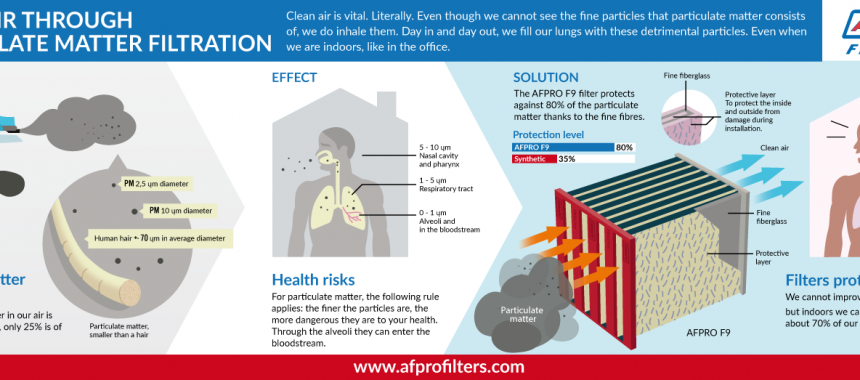The Future Of Home Home Heating - Just How Heat Pump Innovation Is Progressing
The Future Of Home Home Heating - Just How Heat Pump Innovation Is Progressing
Blog Article
Author-Svensson Dominguez
Heat pumps will certainly be a vital technology for decarbonising home heating. In a scenario consistent with governments' introduced energy and climate commitments, their global ability doubles by 2030, while their share in heating rises to one-quarter.
They function best in well-insulated homes and rely on electrical energy, which can be provided from a renewable power grid. Technological breakthroughs are making them a lot more effective, smarter and cheaper.
Fuel Cells
Heat pumps make use of a compressor, refrigerant, coils and fans to move the air and warmth in homes and home appliances. They can be powered by solar power or electrical power from the grid. They have actually been acquiring appeal as a result of their affordable, quiet operation and the ability to generate electrical energy during peak power demand.
Some firms, like IdaTech and BG MicroGen, are working with gas cells for home heating. These microgenerators can change a gas central heating boiler and produce some of a house's electrical needs with a link to the electrical energy grid for the rest.
But there are factors to be hesitant of using hydrogen for home heating, Rosenow claims. It would be pricey and ineffective contrasted to other technologies, and it would include in carbon emissions.
Smart and Connected Technologies
Smart home innovation allows homeowners to attach and control their gadgets remotely with the use of smart device applications. For instance, clever thermostats can discover your home heating preferences and immediately get used to optimize power intake. https://docs.google.com/spreadsheets/d/1D6kgEy5QWqQx5EXE_4UwV83XbB3ozUVKZqtp-17o7qw/edit?gid=577327731#gid=577327731 can be controlled with voice commands and immediately switch off lights when you leave the room, decreasing energy waste. And wise plugs can check and handle your electrical use, enabling you to determine and restrict energy-hungry home appliances.
The tech-savvy home depicted in Carina's meeting is a great picture of exactly how owners reconfigure area heating practices in the light of brand-new wise home innovations. They rely upon the gadgets' automatic functions to accomplish everyday adjustments and regard them as a practical methods of conducting their home heating techniques. Therefore, https://nysenewsroom.com/uncategorized/109493/high-temperature-elastomers-market-comprehensive-study-by-key-players-growth-market-share-technique-and-application/ see no reason to adjust their practices further in order to enable adaptability in their home power demand, and treatments aiming at doing so may face resistance from these families.
Electricity
Given that warming homes represent 13% of US exhausts, a switch to cleaner choices might make a huge distinction. However the modern technology encounters difficulties: It's costly and calls for comprehensive home improvements. And it's not always compatible with renewable energy sources, such as solar and wind.
Until just recently, electric heat pumps were as well pricey to take on gas models in many markets. Yet brand-new developments in style and materials are making them extra economical. And much better chilly environment efficiency is allowing them to function well even in subzero temperature levels.
The following step in decarbonising heating may be the use of warmth networks, which draw heat from a main source, such as a nearby river or sea inlet, and distribute it to a network of homes or structures. That would reduce carbon discharges and enable houses to capitalize on renewable resource, such as environment-friendly electricity from a grid provided by renewables. This alternative would certainly be much less expensive than switching to hydrogen, a fossil fuel that requires brand-new framework and would only reduce CO2 discharges by 5 percent if paired with enhanced home insulation.
Renewable resource
As electricity rates drop, we're beginning to see the same trend in home heating that has actually driven electrical vehicles into the mainstream-- however at an also quicker rate. The solid climate instance for impressive homes has been pushed even more by brand-new research.
Renewables make up a significant share of modern warmth consumption, but have been offered minimal plan focus worldwide compared to other end-use fields-- and also less attention than power has. Partly, this mirrors a mix of customer inertia, divided incentives and, in numerous countries, subsidies for nonrenewable fuel sources.
New modern technologies might make the change much easier. For instance, heatpump can be made a lot more power reliable by changing old R-22 refrigerants with new ones that do not have the high GWPs of their predecessors. Some experts additionally imagine area systems that attract warmth from a close-by river or sea inlet, like a Norwegian fjord. The warm water can then be used for heating and cooling in a neighborhood.